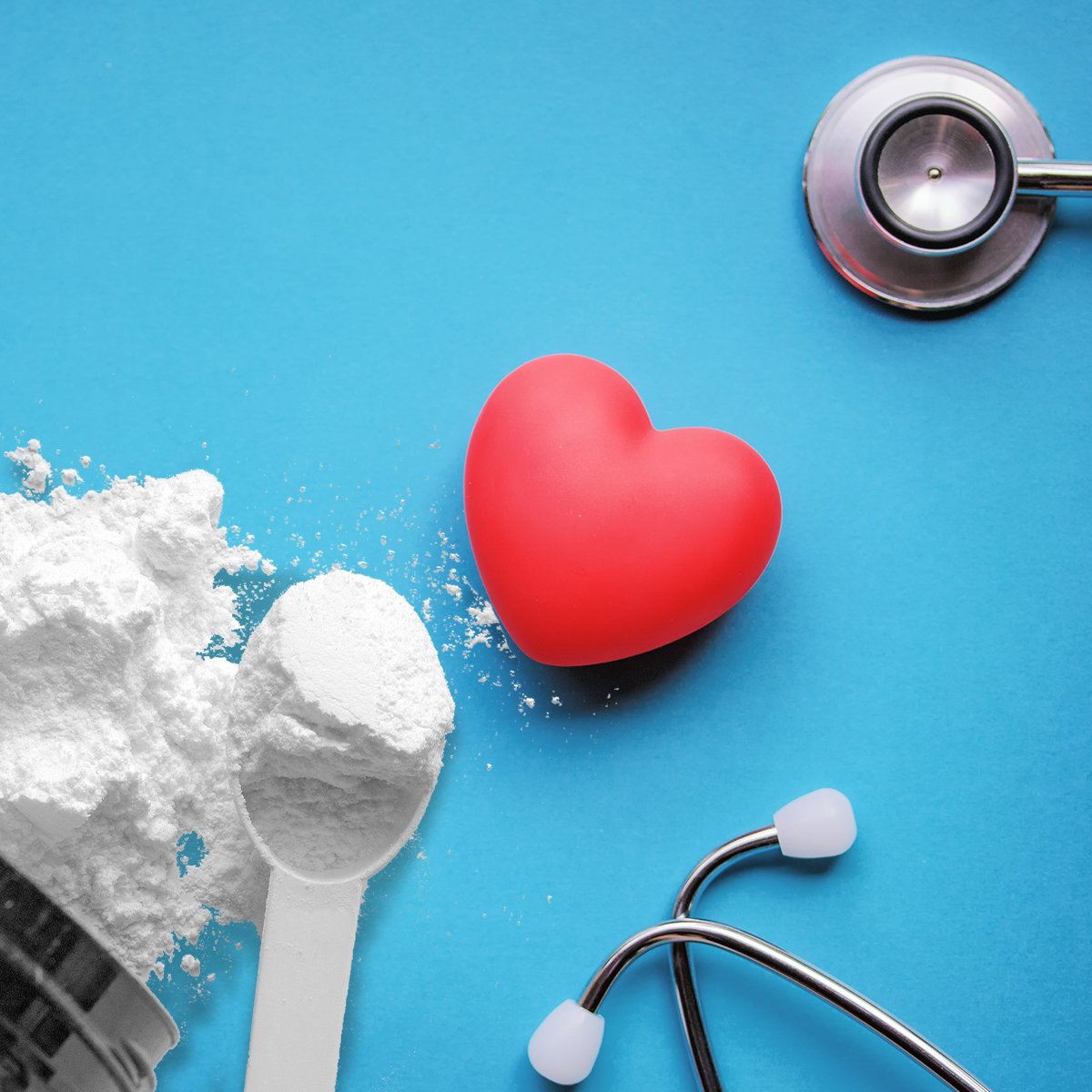Depending on how potent your pre-workout is, and how your body responds to caffeine and other stimulants, some jittery feelings may be inevitable. However, many pre-workouts these days contain stimulants that are reputed to feel "smoother" than straight caffeine, such as theacrine, or they feature calming compounds to "take the edge off" of caffeine, such as L-theanine.
Keep in mind that the International Society of Sports Nutrition indicates that if dosing caffeine based on body weight, the range for optimal effectiveness is 3-6 milligrams per kilogram or 1.3-2.7 milligrams per pound of body weight.[1] For a 150-pound person, this would be a range of 204-408 milligrams of caffeine. That's a big range! Know where your pre fits in it before you take it, and if you've only ever taken 100 milligrams of caffeine at a time, perhaps don't jump right to 350 milligrams before an important workout.
That said, you can also take some control of the situation by paying more attention to your other pre-workout nutrition.
"If you ever drink coffee on an empty stomach, you know the feeling: light-headed, jittery, and sometimes even nauseous," explains Krissy Kendall, Ph.D., in the article "3 Mistakes You're Making with Your Pre-Workout." "If you drink a pre-workout with 200-300 milligrams of caffeine without eating anything, you can feel exactly the same way."
The answer, Kendall says, is to treat your pre-workout meal just as seriously as you treat your pre-workout supplementation. "Having a small meal 30-60 minutes before you take your pre-workout can help minimize side effects like these," she says. "Plus, those extra nutrients will help you push through your workout."


